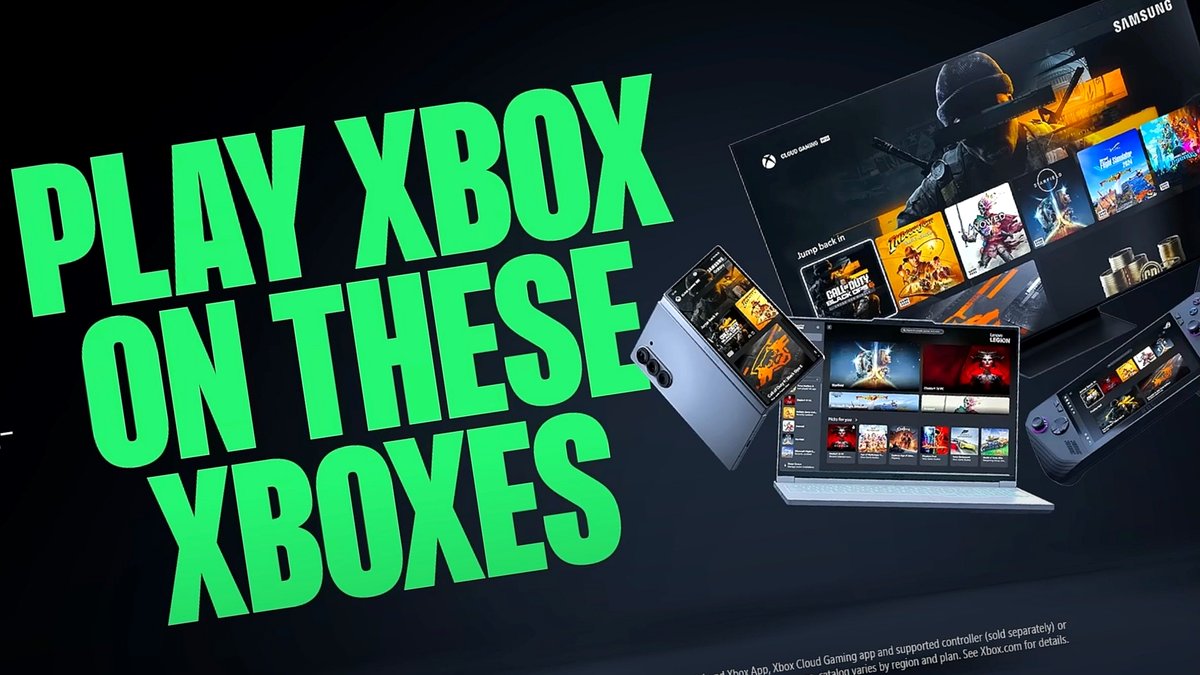Xbox co-founder Laura Fryer declared there is "literally no reason to buy" the upcoming ROG Xbox Ally handheld in a YouTube video released this week, directly challenging Microsoft's shift toward hardware partnerships. Fryer, who helped launch the original Xbox and Xbox 360, argued that Microsoft's reliance on third-party manufacturers signals "Xbox hardware is dead."
Industry Veteran Challenges Xbox Hardware Direction
Fryer's central argument targets the ROG Xbox Ally's lack of exclusive content, questioning why consumers would choose it over existing Windows handheld competitors. The device, developed through Microsoft's partnership with ASUS, represents a fundamental shift from Xbox's traditional first-party hardware approach.
"Obviously, as one of the founding members of the Xbox team, I'm not pleased with where things are today," Fryer stated. "I don't love watching all of the value that I helped create slowly get eroded away. I'm sad because, from my perspective, it looks like Xbox has no desire — or literally can't — ship hardware anymore."
Her criticism extends beyond handhelds to Microsoft's AMD partnerships for future Xbox consoles, which she views as evidence of "a slow exit from the hardware business completely." This assessment challenges Microsoft's recent strategy of leveraging external partnerships rather than developing hardware internally.
Evidence Supporting Partnership Strategy Shift
Microsoft's recent partnerships validate aspects of Fryer's concerns. The company announced collaborations with ASUS for handheld development and AMD for next-generation Xbox console processors, marking a departure from traditional internal hardware development.
The ROG Xbox Ally faces the competitive challenge Fryer identified: without exclusive games or unique features, it competes directly against established Windows handhelds like the Steam Deck and Legion Go on hardware specifications alone.
Former Xbox Live and Game Pass vice president Mike Ybarra offered a contrasting perspective, arguing Microsoft should "strive to be the world's largest publisher of entertainment content" rather than continuing hardware development. This publisher-focused strategy could address Fryer's concerns by abandoning hardware competition entirely.
Strategic Questions About Game Pass and Hardware
Fryer acknowledged Game Pass as valuable while questioning whether subscription services alone can drive hardware adoption. This tension highlights a fundamental strategic question: can software services substitute for compelling hardware differentiation?
Microsoft's current approach suggests the company believes Game Pass and cloud gaming can reduce dependence on exclusive hardware features. However, the handheld gaming market shows consumers still prioritize device-specific advantages like battery life, performance optimization, and integrated software experiences.
The timing coincides with reported Microsoft gaming division layoffs and strategic adjustments, suggesting internal recognition that current approaches may require refinement. Despite operational challenges, Microsoft reported continued Xbox division revenue growth, indicating financial stability during this strategic transition.
Implications for Handheld Gaming Competition
Fryer's criticism exposes a critical weakness in Microsoft's handheld strategy: the ROG Xbox Ally must compete on hardware merits alone against devices with integrated software advantages. Valve's Steam Deck succeeds through tight hardware-software integration and a curated gaming experience, while Microsoft's partnership approach lacks these differentiators.
The broader question extends beyond handhelds to Microsoft's gaming identity. If Xbox transitions from hardware manufacturer to software publisher, it fundamentally alters the platform's competitive position and relationship with consumers.
For handheld gaming PC enthusiasts, Fryer's assessment suggests the ROG Xbox Ally may offer limited advantages over existing alternatives. Without exclusive content, optimized software integration, or unique features, the device faces an uphill battle in an increasingly competitive market where differentiation drives purchasing decisions.
Sources
Note: All sources have been verified for accuracy and editorial standards compliance.
